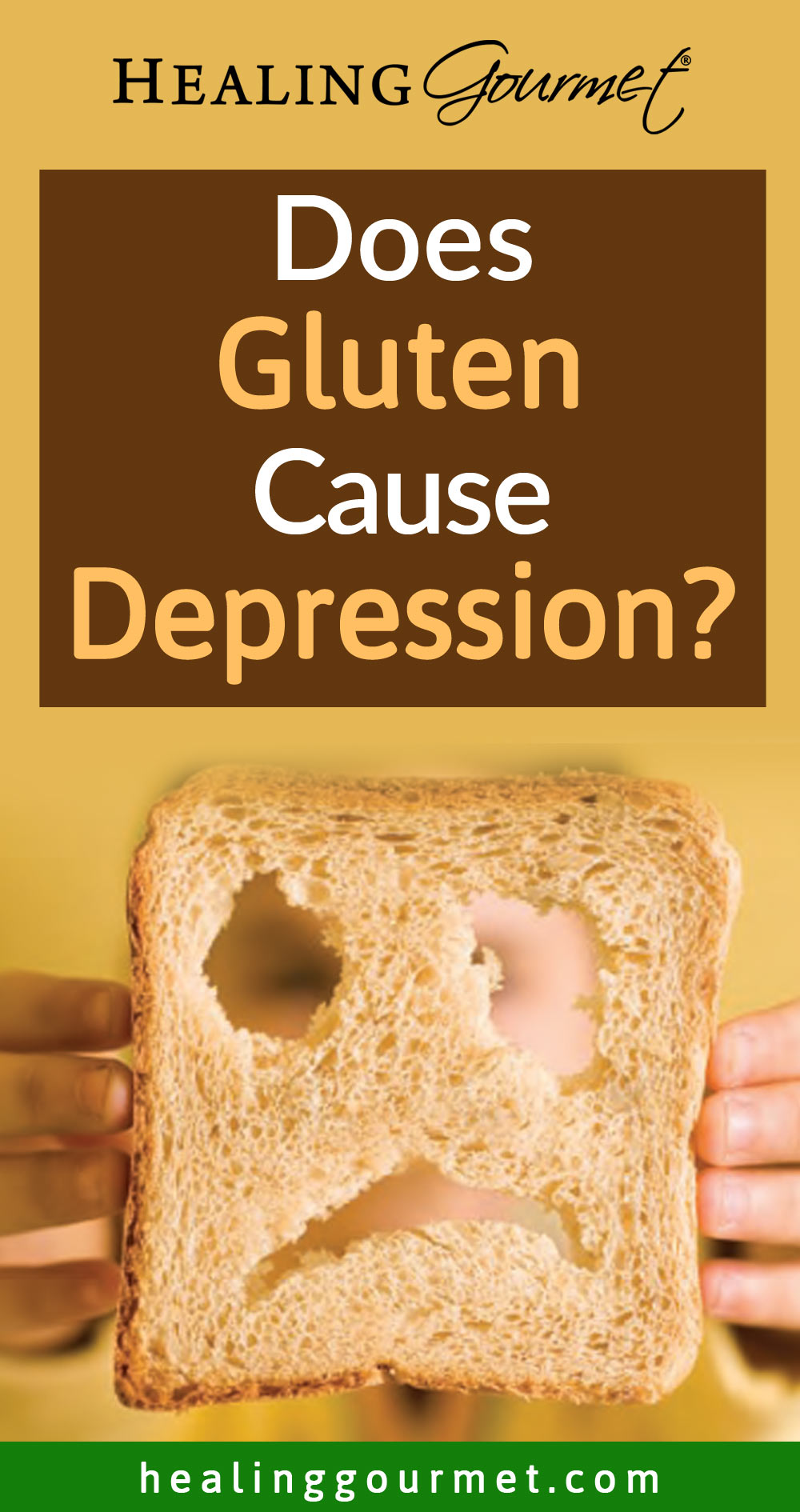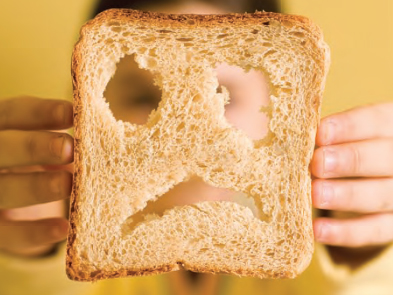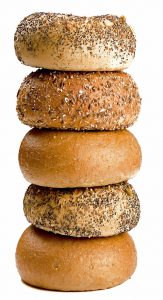Brain Allergies: Can Gluten Make You Depressed?
Most of us know that indulging in a diet of processed foods, unhealthy fats and sugar is a recipe for a low mood. But what many people don’t know is that whole grains – touted as the “staff of life” – can also cause mood and behavior problems.
And the reason? Brain allergies, often caused by gluten.
When you think of food allergies, you might think of rashes and abdominal discomfort. But food allergens also affect the brain. This can cause emotional, psychological, and neurological symptoms to occur.
In fact, “brain allergies” have been found to cause a wide range of mood disorders including insomnia and disrupted sleep, panic attacks, anxiety, depression, aggression, attention deficit disorder (ADD) and hyperactivity (ADHD), schizophrenia and psychotic episodes.
Dr. Abram Hoffer, M.D., believes that depression and allergies are inextricably linked:
And research supports his conclusion:
- Bipolar Disorder: A recent study published in Bipolar Disorders found that all patients with bipolar disorder had significantly elevated antibodies to gluten compared to the control group.
- Depression: A study published in the Journal of Biological Psychiatry evaluated 30 patients suffering from psychological and concentration problems. The results found that allergies alone were able to produce the symptoms such as severe depression, nervousness, feeling of anger without a particular object, loss of motivation and severe mental blankness.
- Schizophrenia: Research papers published in the Lancet in the 1960’s call schizophrenia “bread madness”. More recently, Dr. William Philpott found that 92% of the schizophrenia patients he tested had negative reactions to certain foods. Of those patients, an astounding 64% reacted to wheat. The symptoms ranged from dizziness, blurred vision, anxiety, depression, tension, hyperactivity and speech difficulties to psychotic episodes.
- ADHD: Recent researched published in the Journal of Pediatric Gastroenterology & Nutrition found a strong correlation between gluten sensitivity (evidenced by anti-gliadin antibodies) and ADHD. The results: “15% of [healthy] people and 80% of kids they studied with ADHD had anti-gliadin antibodies.” That’s more than three-quarters of the so-called “ADHD” children testing positive for a gluten sensitivity!
The good news is that these “brain allergies” subside – along with their health, behavioral and mood effects – when we eliminate the offending allergen from our diet. But often, eliminating these foods is easier said than done…
The Allergy-Addiction Cycle: Is Bread a Drug?
It’s no coincidence that foods like bread, pizza, casseroles and cookies are considered “comfort foods”. In fact, these foods have a lot more in common with mind-numbing drugs like heroin than you might think.
When wheat and other grains containing gluten are broken down, they are fragmented into odd little proteins called gluteomorphins.
As the name implies, these compounds are chemically similar to opium – the substance from which morphine and heroine are derived. And just like their narcotic counterparts, gluten grains affect the morphine receptors in the brain. This changes their function and behavior… while also creating intense cravings that can rival drug addiction.
Do You Have Brain Allergies?
It’s important to note that gluten isn’t the only “brain allergen”. There are eight foods account for 90% of all food reactions. These foods are:
- Milk
- Eggs
- Peanuts
- Tree nuts
- Fish
- Shellfish
- Wheat, and
- Soy
Some people don’t have a problem with any food allergens. But many of us have issues with these foods and don’t even know it.
If you or a loved one are experiencing mental, emotional or behavioral problems, it’s possible that food allergies or intolerances could be the culprit. You can discover which foods might be causing your problems with a simple blood test like those offered by ALCAT or ALATESS.
The good news is that no matter what food allergies or sensitivities you may have, you can break the cycle and start feeling better with simple dietary changes.






Leave a Reply